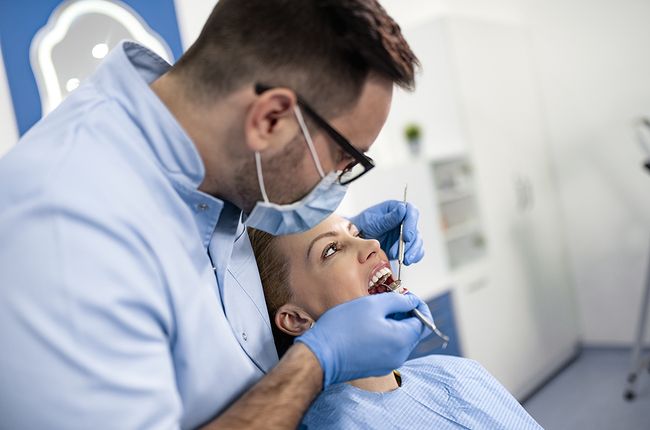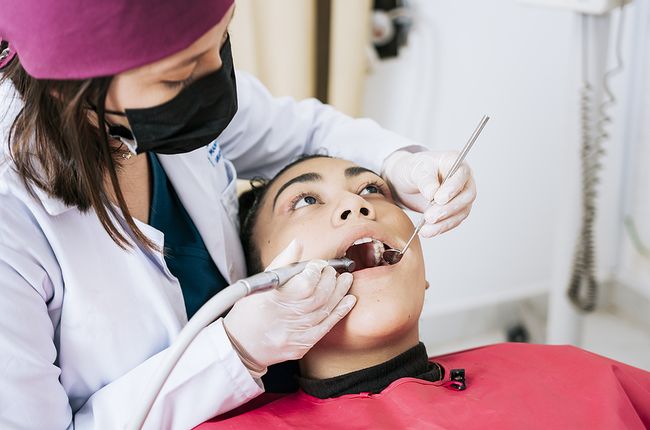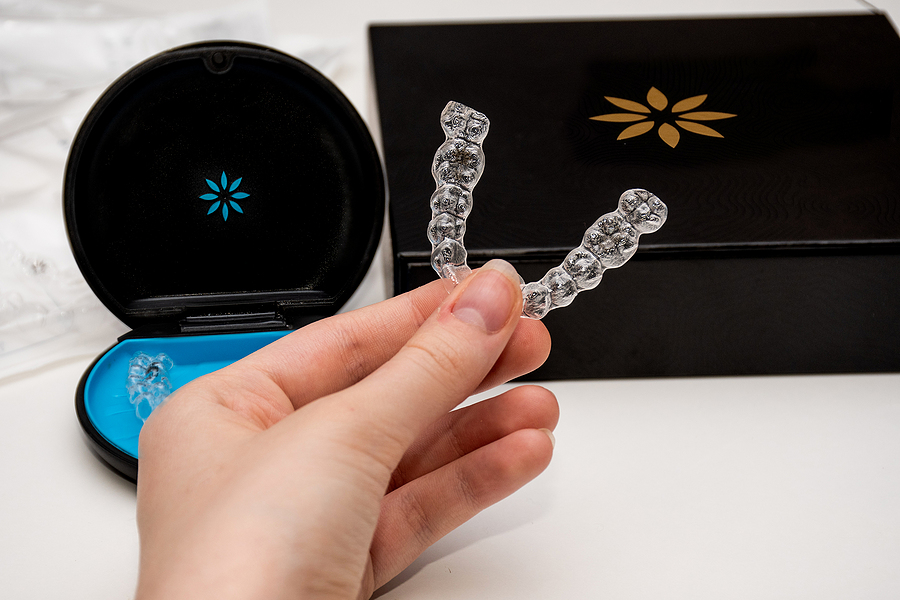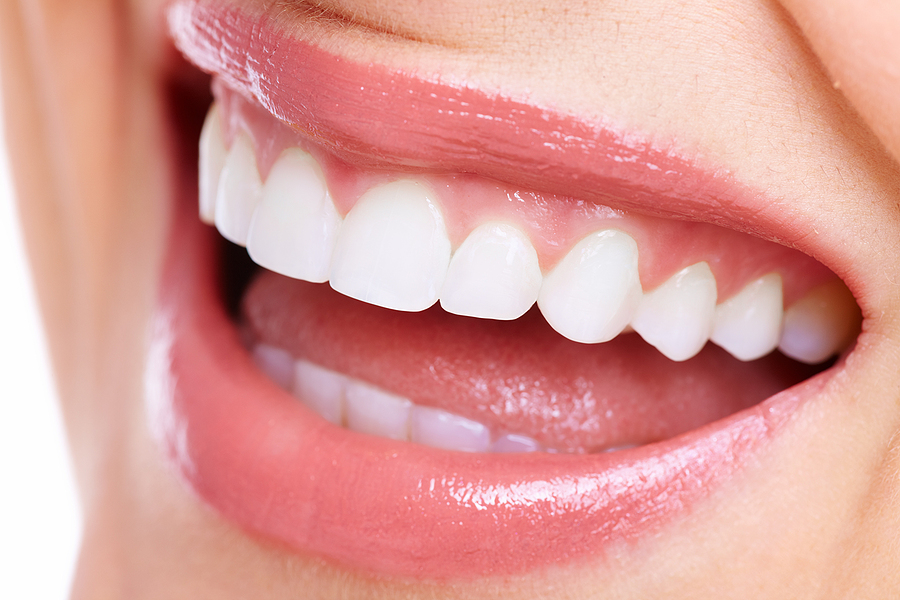For the best dental care tailored to your needs, visit Smile Cafe at 45 Park Ave, Professional Unit 1 in New York, NY, 10016, or call (646) 833-0914.
Wisdom teeth are often a topic of conversation in dental offices and among friends, but what exactly are they? These third molars typically emerge in late adolescence or early adulthood, and for many people, they can become more trouble than they're worth. While the term "wisdom" might suggest some sort of advantage, these teeth often lead to confusion and discomfort. Understanding their purpose and the reasons behind extraction is essential for anyone navigating this common dental milestone. Whether you're considering wisdom tooth removal in New York, NY, or just curious about the process, you've come to the right place! Let's dive into everything you need to know about wisdom teeth.
The purpose of wisdom teeth
Wisdom teeth, also known as third molars, served a significant purpose in our ancestors' lives. They were essential for processing coarse foods like roots and meats. Our early ancestors had larger jaws that could accommodate these additional teeth.
Over time, human diets have evolved. As we began cooking and using tools for food preparation, the need for extra chewing power diminished. Today’s smaller jaws often struggle to find space for wisdom teeth.
While they may not hold much value in modern times, some individuals still develop them without issues. For others, however, their presence can lead to complications and discomfort due to overcrowding or misalignment within the mouth. Understanding this evolutionary change helps explain why many people consider wisdom tooth removal in New York, NY.
When do wisdom teeth typically come in?
Wisdom teeth usually emerge between the ages of 17 and 25. This late development is quite interesting, given that most adult teeth are in place by the teenage years.
For some people, these third molars might not even come through at all. Genetic factors play a significant role in whether they appear or remain hidden beneath the gums.
When wisdom teeth do erupt, it’s often during a time when young adults are navigating life changes like college or starting careers. This timing can add to the stress associated with managing oral health.
Monitoring their growth is essential, especially since issues can arise even before they surface. Regular dental check-ups will help identify any complications early on.
Why do we need to extract them?
Wisdom teeth often create problems due to limited space in the jaw. As our mouths evolve, these third molars can become impacted, leading to various dental issues.
When wisdom teeth are unable to emerge correctly, they may push against neighboring teeth. This pressure can cause pain and misalignment, disrupting your bite.
Additionally, partially erupted wisdom teeth can trap food and bacteria, increasing the risk of cavities and gum disease. Maintaining oral hygiene becomes more challenging with these troublesome molars lurking at the back of your mouth.
In many cases, dentists recommend removal before complications arise. Proactive extraction helps prevent future discomfort and costly treatments down the line. It's a common procedure that allows for better overall dental health and peace of mind. Call us to learn more.
Signs of impacted wisdom teeth
Impacted wisdom teeth can cause a range of uncomfortable symptoms.
- One common sign is persistent pain in the back of your mouth. This discomfort may feel like throbbing or sharp sensations that don’t subside.
- Swelling around the gums can also indicate an issue. If you notice redness or inflammation, it's worth paying attention to these changes in your oral health.
- Another red flag is difficulty opening your mouth fully. If chewing and talking become challenging due to jaw stiffness, it might be time for a dental evaluation.
- Bad breath that doesn’t go away could point to infection caused by impacted teeth. The accumulation of food particles and bacteria can lead to this unpleasant odor.
- If you see visible cysts or lumps forming near the gum line, seek professional advice promptly. These signs are crucial indicators that should not be ignored.
The extraction process
The extraction process for wisdom teeth typically begins with a thorough examination. Your dentist or oral surgeon in New York, NY will take X-rays to determine the position of the teeth and their roots.
Once you’re ready, anesthesia is administered to ensure comfort. This can be local, sedation, or general anesthesia, depending on your needs and the complexity of the case.
Next, an incision may be made in the gum tissue if your wisdom tooth is impacted. The dentist carefully removes any bone blocking access to the tooth.
Afterward, they grasp the tooth with forceps and gently rock it back and forth until it loosens enough to remove. If necessary, stitches are placed to aid in healing.
Throughout this procedure, skilled professionals monitor your vital signs closely to ensure safety at all times.
Recovery and aftercare
- Recovery after wisdom tooth removal is a crucial phase. Initially, you’ll experience swelling and discomfort, which can be managed with prescribed pain relievers.
- Resting is essential during the first 24 hours. Keep your head elevated to minimize swelling and promote healing. Ice packs can also help reduce inflammation.
- Eating soft foods like yogurt or applesauce will ease your recovery process. Avoid hard, crunchy foods that could disturb the extraction sites.
- Maintaining oral hygiene is vital, but do so gently. Rinsing with warm salt water after 24 hours helps keep infection at bay without disturbing the healing gums.
- Stay hydrated and avoid straws for a few days, as suction can dislodge blood clots necessary for proper healing. Regular follow-up appointments are important to monitor your progress and ensure everything heals correctly.
Conclusion
Wisdom teeth, also known as third molars, have become a common topic of discussion in dental health. These late-bloomers usually emerge in the late teens or early twenties and can often lead to more questions than answers. Although they were once useful for our ancestors who had tougher diets, their relevance today is questionable.
Many people will face challenges when these teeth come in. Their size and position can cause crowding or misalignment with existing teeth, leading dentists to recommend extraction. This procedure is not just about removing extra teeth; it's about preventing future complications that could arise from impacted wisdom teeth.
If you suspect your wisdom teeth are causing issues, it's crucial to consult a dentist promptly. They can evaluate whether extraction is necessary based on signs like swelling and pain around the gums.
The process of wisdom tooth removal might seem daunting at first, but knowing what to expect helps ease anxiety. The procedure itself varies depending on how impacted the tooth is but generally involves local anesthesia for comfort during surgery.
Aftercare plays an essential role in recovery—following your dentist's instructions closely ensures a smoother healing process and reduces the risk of infection.
Residents seeking treatment options related to their oral health concerns regarding wisdom tooth removal in New York, NY, have many experienced specialists ready to assist you. Understanding why we sometimes need this type of dental intervention can empower individuals when making decisions about their oral care journey.
More Blog Posts
Office Hours
MON9:00 am - 7:00 pm
TUE9:00 am - 8:00 pm
WED9:00 am - 7:00 pm
THU9:00 am - 8:00 pm
FRI9:00 am - 5:00 pm
SAT - SUNBy appointments only

























